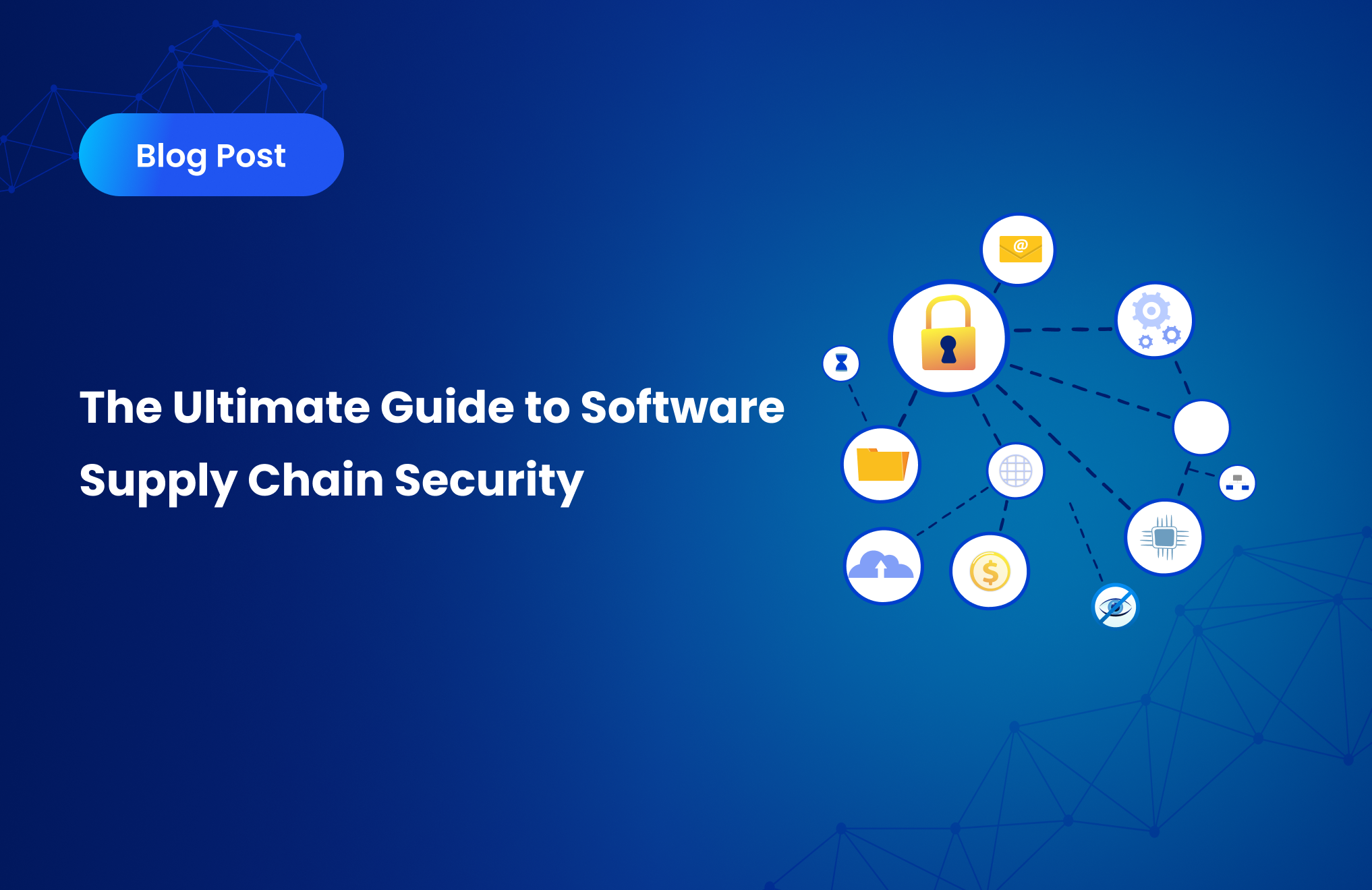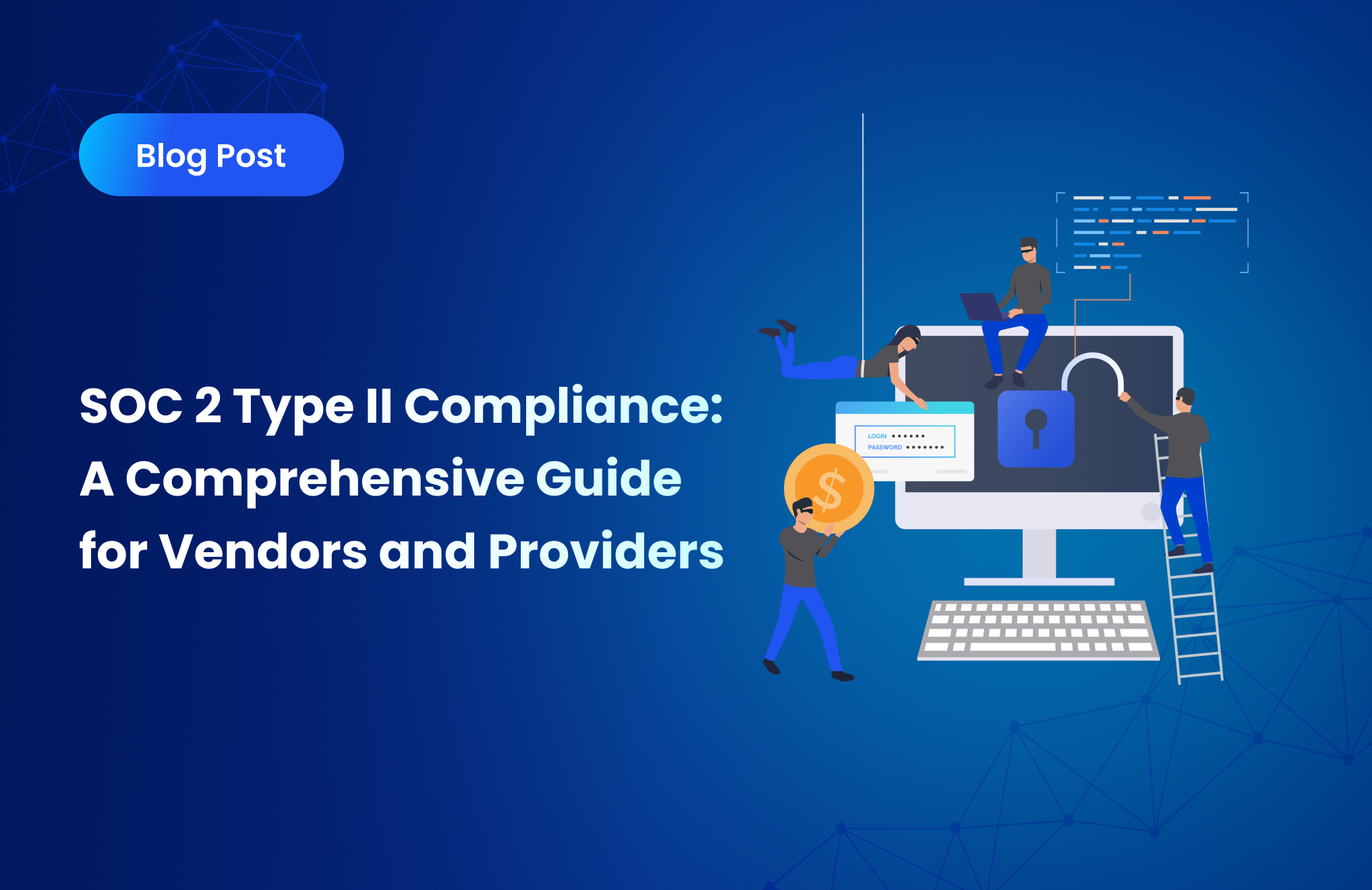DORA: Your Essential Guide to EU's New Cybersecurity Regulation

According to a recent McAfee report, cybercrime costs the global economy over $1 trillion annually. Sounds scary, right? Well, this figure emphasizes the vital need for strong cybersecurity measures.
But here's the good news: Meet Digital Operational Resilience Act, otherwise known as DORA, which safeguards financial cybersecurity.
So, what is DORA? In simple terms, DORA is a ground-breaking regulation from the European Union (EU) with the prime purpose of improving cybersecurity resilience in the financial services sector. It primarily focuses on the EU's financial sector, aiming to strengthen resilience against and recovery from cyber attacks.
Bruce Schneier is a famous security technologist who once said, "Security is a process, not a product." DORA regulation aligns perfectly with this philosophy, as it emphasizes continuous resilience and proactive risk management within cybersecurity.
In this blog, we'll look into DORA's importance and why it matters. Stay tuned as we promise to provide a comprehensive understanding of this essential regulation, leaving no stone unturned.
Purpose of DORA
DORA aims to ensure that all financial entities across the EU are equipped to handle digital threats effectively by establishing a unified regulatory framework.
It has two main objectives:
- Comprehensively address ICT risk management in the financial services sector.
- Harmonize the ICT risk management regulations that already exist in individual EU member states.
DORA compliance focuses on comprehensive ICT risk management by imposing strict requirements on financial institutions. Thus, this includes guaranteeing secure ICT systems and controls in order to prevent, detect, and manage threats.
Further, DORA harmonizes EU-wide ICT risk management regulations to establish a unified framework. It strengthens the resilience of the EU financial system by creating uniform protection levels. This, in turn, replaces inconsistent rules among member states with common standards, thereby easing compliance for multinational corporations.
According to a report by the European Central Bank, "Harmonized and stringent ICT risk management frameworks are critical in maintaining the stability and integrity of the EU's financial system in the face of growing cyber threats." Hence, this highlights the significance of DORA regulation in developing a secure defense against ICT risks.
Timeline of DORA
Here’s a quick look at the critical milestones in DORA’s journey:
- September 24, 2020: The European Commission takes a proactive step by bringing out a draft of the DORA regulation.
- January 3, 2024: The European Central Bank (ECB) will implement cyber resilience stress tests. These will be executed on 109 directly supervised banks to assess their capability to manage and recover from cyberattacks.
- January 16, 2023: DORA came into force, initiating a 24-month transitional period for execution.
- January 17, 2024: The European Council released the final draft of the Regulatory Technical Standards (RTS) under DORA. This sets the initial rules for ICT and third-party risk management.
- January 17, 2025: This is the crucial target date for affected companies to comply with DORA’s requirements.
Why is the DORA Legislation Important for Cybersecurity?
The DORA legislation is essential for cybersecurity because it enhances the resilience of digital operations and incident response capabilities in financial institutions. In addition, it helps protect the financial system from cyber threats by setting clear standards.
Here’s the importance of DORA legislation in cybersecurity:
- Boosts Security Standards: DORA compliance sets high-security benchmarks for financial firms.
- Enhances Incident Response: It strengthens how quickly and efficiently companies respond to cyberattacks.
- Reduces Systemic Risk: It lowers the risk of widespread financial disruption by making firms more resilient.
- Ensures Consistency: All financial institutions follow the same cybersecurity rules, creating uniform protection.
- Increases Transparency: Companies must report cyber incidents, helping regulators understand and manage threats better.
Five Pillars of DORA Compliance
The Digital Operational Resilience Act (DORA) outlines extensive requirements for the operational resilience of financial institutions in the European Union. The foundation of DORA is built upon five main pillars:
- ICT Risk Management
- ICT Incident Reporting
- Digital Operational Resilience Testing
- Information and Intelligence Sharing
- ICT Third-Party Risk Management.
Let's look into each pillar in detail:
Pillar 1: ICT Risk Management
Financial entities should implement an ICT risk management framework that supports business continuity strategies, recovery policies, and communication strategies. In this process, stakeholders play a crucial role.
They are responsible for setting risk and impact tolerance levels for ICT disruptions, approving business continuity strategies and disaster recovery plans, and specifying security controls for all critical assets. Their involvement ensures uninterrupted business operations by establishing ICT redundancies and investing in backup and restoration systems.
Importance:
- Ensures continuous business operations
- Involves stakeholders in risk management
- Establishes robust recovery and communication plans
Pillar 2: ICT Incident Reporting
DORA regulation enables a more efficient reporting mechanism for significant ICT-related occurrences, decreasing the need for multiple reports. Incidents involving financial companies are required to be reported to a single EU hub, which will evaluate the information to find common weaknesses.
Reports should be submitted within one month of a significant incident, supported by reliable early warning indicators. Significant incidents include data breaches, system failures, cyber-attacks, or any other event that disrupts the normal operations of a financial entity. This standardized reporting procedure improves the ICT resilience of the industry as a whole.
Importance:
- Simplifies incident reporting
- Centralizes data collection for vulnerability analysis
- Enhances timely response to ICT disruptions
Pillar 3: Digital Operational Resilience Testing
Financial organizations must regularly test the durability of their ICT defenses. These independent third-party examinations ought to be a component of a thorough testing program that includes tools, techniques, and methodologies. The frequency and prioritization of these tests are critical to ensuring long-term ICT robustness.
This mandate expands the necessary testing across the industry by utilizing already-existing frameworks such as TLPT (Threat-Led Penetration Testing) and TIBER-EU (Threat Intelligence-Based Ethical Red Teaming for the European Union).
Importance:
- Validates the effectiveness of ICT defenses
- Involves independent verification of resilience
- Minimizes compliance costs through cross-border recognition
Pillar 4: Information and Threat Intelligence Sharing
DORA encourages financial firms to share information about cyber threats within trusted communities. The objectives of this sharing are to strengthen operational resilience, secure data, and increase knowledge of emerging dangers.
Together, organizations can provide a more secure financial environment by effectively anticipating and responding to new cyber threats.
Importance:
- Promotes awareness of cyber threats
- Enhances collaborative defense strategies
- Improves overall operational resilience
Pillar 5: ICT Third-Party Risk Management
DORA regulation emphasizes the importance of managing risks associated with third-party ICT service providers. Thus, financial institutions must establish solid contractual agreements with these suppliers that address data protection, audits, and incident management.
Important third-party suppliers, such as cloud service providers, are also subject to regulatory supervision. In addition, maps of an entity's dependence on outside parties are also necessary to avoid operational interruptions.
Importance:
- Ensures compliance with critical third-party providers
- Strengthens contractual safeguards
- Mitigates risks from supply chain attacks
Adhering to DORA's guidelines can improve financial entities' ICT resilience. This will ensure they can effectively withstand and recover from operational disruptions.
Penalty for Non-Compliance of DORA
The Digital Operational Resilience Act (DORA) ensures that all financial institutions in the EU maintain a high level of digital operational resilience. This means maintaining powerful systems and processes in place to stop and react to cyber threats, as well as the ability to continue functioning effectively in the event of a disruption.
Failure to comply with DORA could result in consequential damages owed by approved organizations across every EU member state. Now, let's look at the penalties for non-compliance:
- Administrative fines
- Remedial measures
- Public reprimands
- Withdrawal of authorization
- Compensation for damages incurred
- Penalty payments up to one percent of the average daily global turnover from the previous fiscal year
ResilientX: Your Partner for DORA Compliance
ResilientX is your trusted partner for achieving DORA compliance. We are equipped with a Unified Exposure Management Platform that Unifies Attack Surface, Web, Network Security Testing, Cloud Security Automation and Third-Party Risk Management.
As a result, we are experts at offering complete cybersecurity solutions that guarantee your company satisfies the demanding standards of the Defense Operational Readiness Assessment (DORA).
ResilientX is dedicated to guaranteeing DORA compliance by means of its proactive cybersecurity tactics for the following reasons:
- Unified Exposure Management (UEM) for real-time attack surface monitoring.
- Third Party Risk Management (TPRM) to minimize vendor vulnerabilities.
- Automated Web Application Security Testing (DAST) for proactive vulnerability management.
- Compliance & Risk Assessment module for regulatory adherence.
- Network Security Scanner for comprehensive threat detection.
- Cloud Security Posture Management to ensure cloud infrastructure compliance.
Partner with ResilientX today to secure your organization against cyber threats and meet DORA compliance effectively.
In a Nutshell
DORA regulation is a significant step forward in strengthening cybersecurity across the EU's financial services sector. In addition to enhancing the industry's overall resilience, this regulation encourages uniformity and openness in cybersecurity procedures. As organizations gear up to meet DORA's requirements by January 2025, partnering with ResilientX is the best decision for managing compliance effectively. Together, we can enhance digital operational resilience and safeguard the integrity of financial systems.
Experience ResilientX's solution firsthand. Schedule your demo today and ensure DORA compliance with confidence.
FAQ
1. What is the EU's new cybersecurity regulation (DORA)?
DORA stands for Digital Operational Resilience Act. It's a new EU law aimed at ensuring strong cybersecurity standards for digital services and products across Europe.
2. Who does DORA apply to?
DORA applies to a wide range of digital service providers, including cloud providers, online marketplaces, and certain social networks operating within the EU.
3. What are the main requirements of DORA?
DORA requires digital service providers to maintain secure and resilient systems, report major incidents promptly, and adhere to cybersecurity risk management standards.
4. How does DORA impact businesses outside the EU?
Even if located outside the EU, businesses offering digital services to EU customers must comply with DORA's cybersecurity standards and incident reporting requirements.
5. When does DORA come into effect?
The EU passed the Digital Operational Resilience Act (DORA) on January 16, 2023, and it will go into effect on January 17, 2025.



.svg)
.svg)
.svg)
.svg)



.svg)
.svg)
.svg)
.svg)
.svg)
.svg)
.svg)
.svg)



